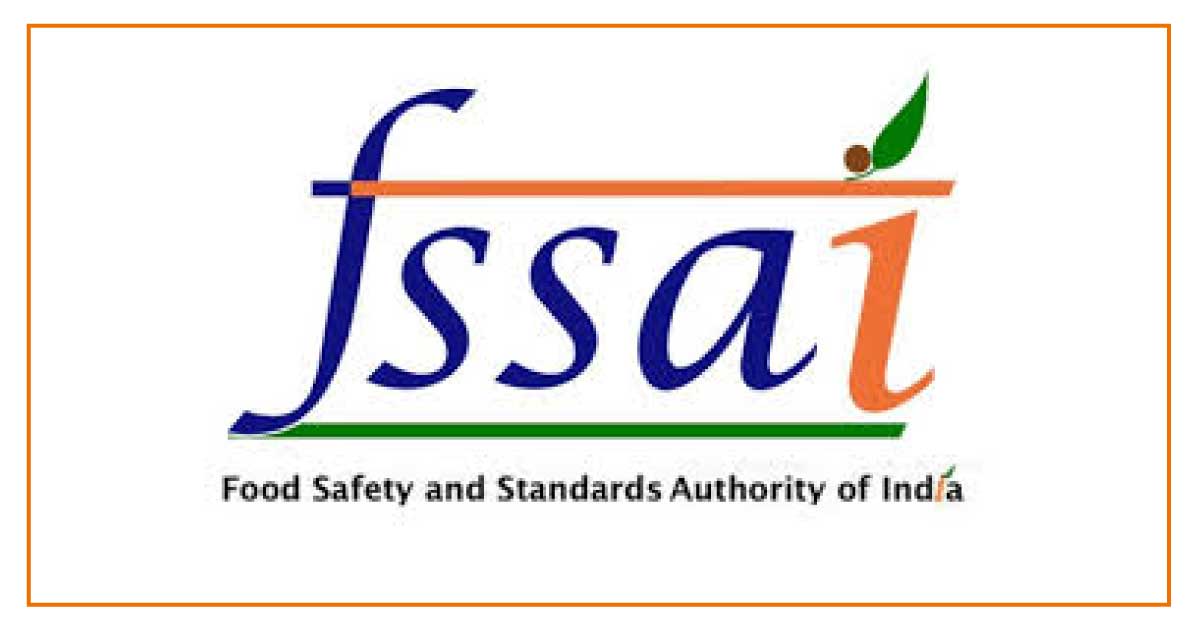In India, food safety and quality are of paramount importance, and to regulate the food business, the government requires food business operators (FBOs) to obtain an FSSAI license. The FSSAI license registration process ensures that businesses comply with food safety standards as laid down by the Food Safety and Standards Authority of India (FSSAI). This article will explain the steps involved in the FSSAI registration process, discuss the role of company registration in obtaining the license, and clarify whether company registration is mandatory for FSSAI registration.
What is FSSAI?
The Food Safety and Standards Authority of India (FSSAI) is an autonomous body established under the Ministry of Health and Family Welfare, Government of India. FSSAI ensures the safety of food products being manufactured, distributed, and sold in India by regulating food safety standards. Every food business, whether it’s manufacturing, processing, packaging, or distribution, must register with FSSAI and comply with its regulations.
Why is an FSSAI License Important?
The FSSAI license is essential for food business operators to ensure that the food they deal with meets safety standards and is free from contamination. The license enhances the credibility of the business, builds customer trust, and helps businesses gain a competitive edge in the market.
Key benefits of FSSAI registration:
- Consumer Trust: The license reassures consumers about the quality and safety of the food products.
- Legal Requirement: It is mandatory under Indian law, and non-compliance can result in penalties and legal action.
- Market Access: Many retailers, suppliers, and partners require FSSAI certification to engage in business partnerships.
- Business Expansion: FSSAI certification enables businesses to expand into new markets, both domestic and international.
FSSAI License Registration Process
The FSSAI license registration process varies depending on the size, scale, and nature of the food business. There are three categories of FSSAI registration: Basic Registration, State License, and Central License. Below is a step-by-step guide for the registration process:
Step 1: Determine Eligibility
The first step is determining which category your business falls into. The FSSAI registration is divided into:
- Basic Registration: Suitable for small FBOs with a turnover of less than ₹12 lakhs annually.
- State License: Applicable to medium-sized businesses with a turnover between ₹12 lakhs and ₹20 crores annually or those operating in a single state.
- Central License: Necessary for large food businesses with a turnover above ₹20 crores annually or those operating in multiple states.
Step 2: Create an FSSAI Account
To start the registration process, create an account on the official FSSAI website (https://foscos.fssai.gov.in/). Once registered, log in to access the application form.
Step 3: Fill the Application Form
Fill out the FSSAI application form (Form A for basic registration, Form B for state or central license). The form requires information such as:
- Business name and address
- Type of business (manufacturing, processing, trading, etc.)
- Food products being handled
- Number of employees and operational details
- Contact details
Step 4: Submit Required Documents
Submit the necessary documents along with the application form. These documents generally include:
- Proof of identity (Aadhaar, PAN card)
- Passport-sized photos
- Proof of business address (utility bill, rent agreement)
- Food safety management plan (if applicable)
- Business constitution documents (for companies, partnerships, etc.)
- Certificate of incorporation or partnership deed (if applicable)
Step 5: Pay the Registration Fee
The registration fee depends on the type of license being applied for. Payment can be made online through the FSSAI portal.
Step 6: Inspection by FSSAI
Once the application is submitted, the FSSAI may conduct an inspection of the business premises to verify compliance with food safety standards.
Step 7: Issuance of FSSAI License
After the inspection and verification of the submitted documents, the FSSAI will issue the license, which is valid for a period of 1 to 5 years. The license number must be displayed on the product packaging and at the business premises.
Is Company Registration Important for FSSAI Registration?
A common question that arises during the FSSAI license registration process is whether company registration is mandatory. The answer is no; company registration is not mandatory for obtaining an FSSAI license. Sole proprietors, partnerships, and other unregistered entities can also apply for an FSSAI license as long as they comply with the food safety regulations.
However, company registration can offer several advantages when applying for an FSSAI license:
- Ease of Documentation: Companies that are already registered with the Ministry of Corporate Affairs (MCA) typically have streamlined documentation, such as the Certificate of Incorporation, Memorandum of Association (MOA), and Articles of Association (AOA). These documents are often required during the FSSAI application process, which can simplify the process.
- Credibility: Having a registered company can enhance the credibility of the food business in the eyes of customers, suppliers, and regulatory authorities.
- Legal Protection: Operating as a registered company provides limited liability protection to the business owners, which can be particularly beneficial in case of any legal disputes or compliance issues related to food safety.
- Business Expansion: If the business plans to expand operations or raise capital, being a registered company can be advantageous for securing partnerships, investments, or loans.
Conclusion
The FSSAI license registration process is a crucial step for any food business operator in India. While company registration is not mandatory for obtaining an FSSAI license, it can offer benefits such as simplified documentation, enhanced credibility, and legal protection. Whether you’re running a small food business or a large-scale operation, ensuring that you comply with FSSAI regulations is key to building trust, expanding your business, and operating legally.
Also read :How GST Registration Online Enhances the Private Limited Company Registration




